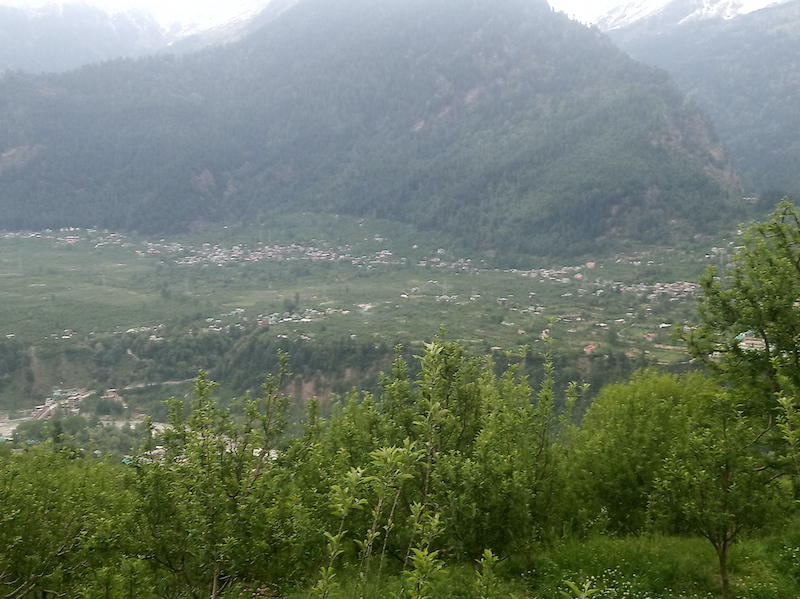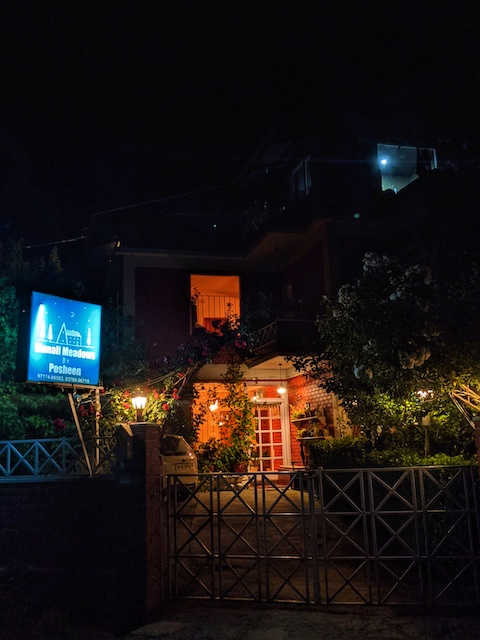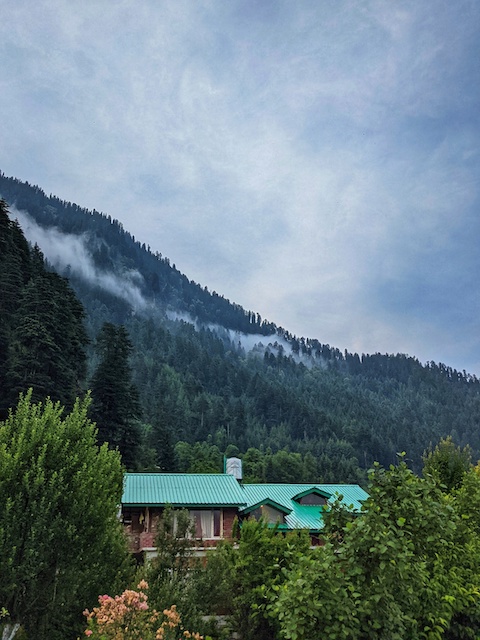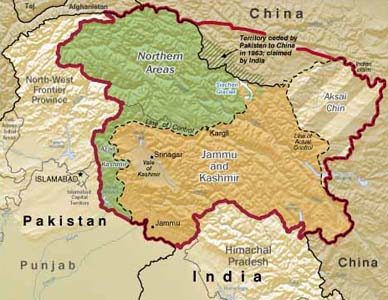Manali: Hotels and Homestays having taken a severe hit since the outbreak of the COVID-19 pandemic over a year ago, a newer normal to get started again is taking shape. To maintain physical distances for in-house guests, the hospitality industry in Himachal is changing its business model in an effort to contain the spread and also to restart the business that provides livelihoods for many.

Taking the lead, Homestay accommodations are offering an experience that would allow tourists to enjoy a homely environment even while trying to ensure the safety of both guests and hosts.
Aseem, who runs a homestay in Karjan village near Manali says, “a separate entrance has been provided for the guests after the outbreak of the pandemic.” The aim, he says Aseem, is to make the guests feel safe by keeping human to human contact at a minimum possible”. It’s been over a fortnight since Aseem re-opened his homestay. The decision was led by the fact that his village was untouched by the coronavirus. “Our advantage is that not even a single case has been recorded within a 1Km radius of our homestay,” says Aseem.
“Though our region is unaffected by the disease, we are obviously following all set norms as per government guidelines,” he adds saying both staff and visitors are put through thermal screening.

There have been a few changes in the way Manali Meadows homestay functions. For instance, earlier his guests could participate in cooking authentic Himachal’s meals, but stands changed now. They were also encouraged to self-serve in order to give them the ‘home away from home feeling. Now, Aseem’s kitchen staff will do the needful.
Given the dire straits that the hospitality sector is in across the hill state, Aseem says that he is seeking help from customers. “We are requesting them to promote rural tourism and they are supporting us. They are sending their friends over and some of our regular clients will also be coming to stay here in the coming days,” he says.
The homestay has already hosted a few guests since it reopened, but the major international clientele is missing as there are still many travel restrictions in place. “Around 90 percent of our guests are foreigners,” and they are waiting for the international borders to re-open.
Deepu Rana, who organizes the Jeep Safaris and also operates a Homestay says, “our clients come from the metros and here they have the option to work from home in a healthy and very conducive environment.
Rana, who belongs to a family of traditional weavers, is also at the forefront in trying to preserve the dying art of interlock weaving at his homestay. “We make beautiful durries and our guests love to participate in the weaving process and learn about our art.”
The weaving community that makes a livelihood by weaving the famous shawls of Kullu, has been badly hit. They are largely dependent upon exhibitions across the country where they get to sell their products. Most exhibitions that they used to participate in every year have been not been held since the pandemic broke out in March 2020.
Handloom classes are a huge draw among tourists, who also make sure to shop at the handloom centre in the village. “Last year, we hosted 300 guests and most of them had come to learn about the traditional weaving process,” says Rana.
While Aseem and Rana are all set to host guests, there are homestays that don’t think that reopening would be a wise decision right now, given the unpredictable nature of the virus.
Ishita Khanna, Director and Co-Founder of Spiti Ecosphere, says that homestays in Spiti are not going to reopen any time soon because it’s a remote area lacking a solid health infrastructure.
Then there are the homestays which are willing to make exceptions for their regular clientele and for guests who plan to stay for months. Prem Thakur of Thakur Homestay, says that homestays under his organization will be accommodating long-term guests from July.
“We’ll be giving them a kitchenette and encouraging them to cook for themselves,” says Thakur.

Sanjay Dutta, an engineer by qualification but is a journalist by choice.
He has worked for the premier new agency Press Trust of India and leading English daily Indian Express.
With more than a decade of experience, he has been highlighting issues related to environment, tourism and other aspects affecting mountain ecology.
Sanjay Dutta lives in a village close to Manali in Kullu valley of Himachal.




